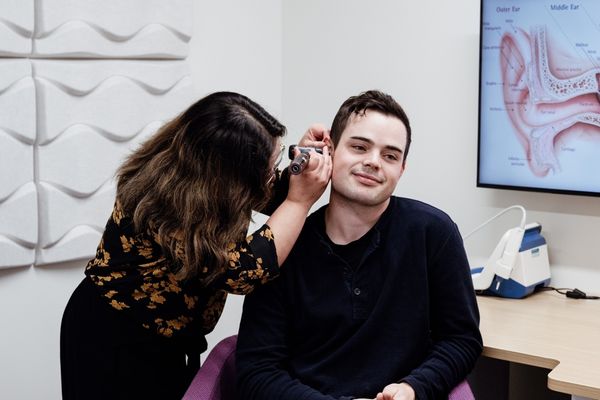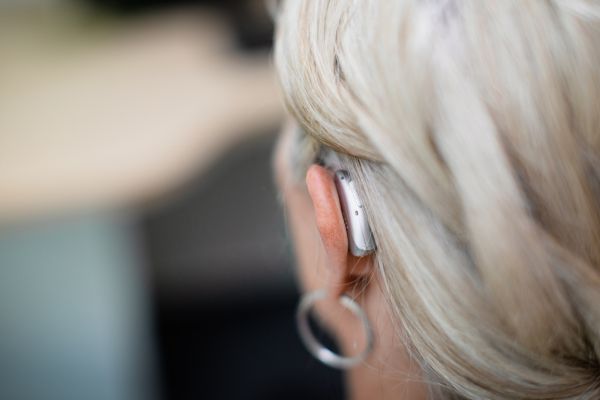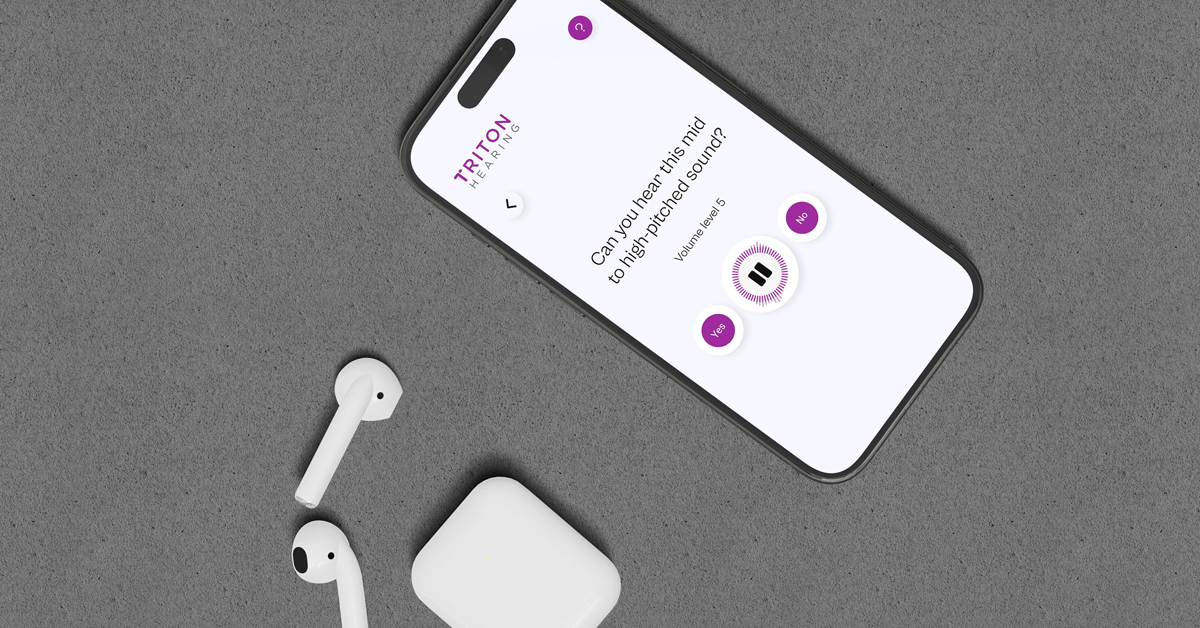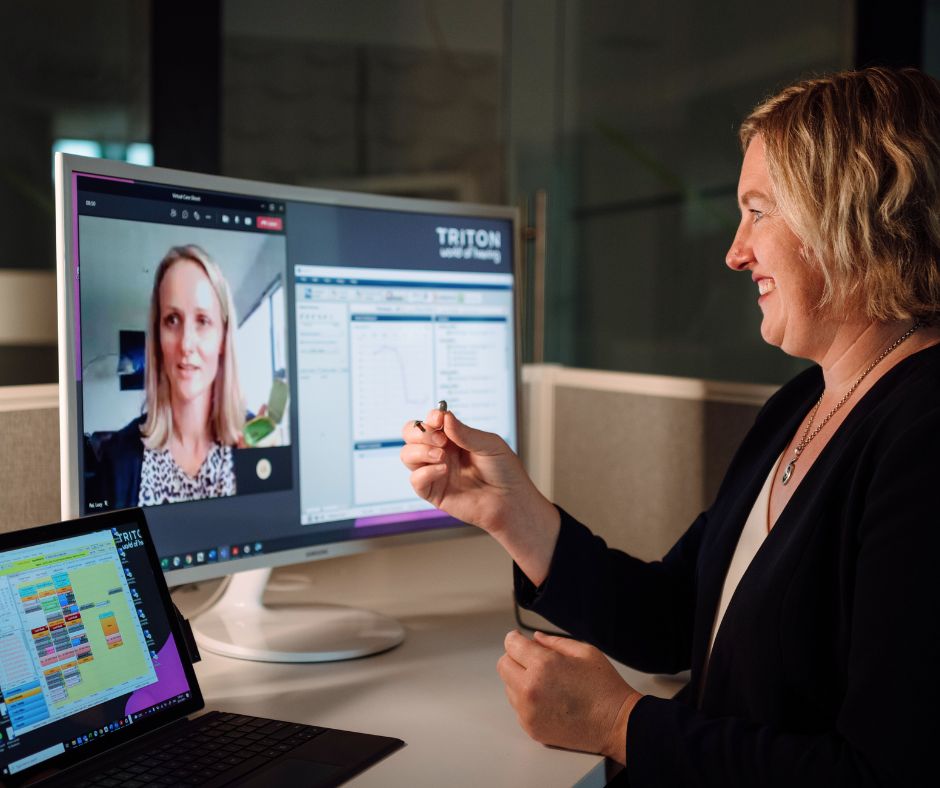Can untreated diabetes mean reduced hearing?
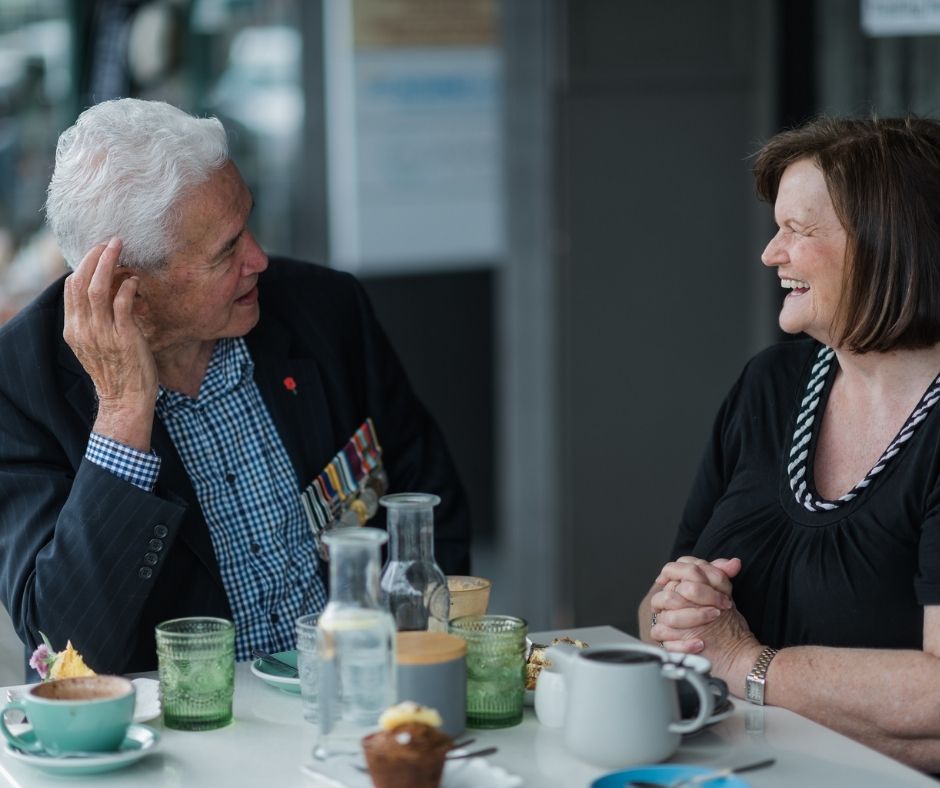
Can untreated diabetes mean reduced hearing?
10 min. read
Published 20 December 2020
Reviewed 26 January 2025
According to the Ministry of Health, more than 240,000 New Zealanders have prediabetes or diabetes. Organs, blood vessels and nerves – including those in the inner ear - can be damaged by the body’s inability to use or process insulin. Catherine Cowie, senior author of a National Institutes of Health (NIH) study on diabetes in the US, “Hearing loss may be an under-recognized complication of diabetes. As diabetes becomes more common, the disease may become a more significant contributor to hearing loss.”
Type 2 diabetes affects 90% of people with diabetes. Type 2 diabetes usually presents in adulthood. The NIH study found links between impaired hearing and diabetes from as early as 30 years of age. Among prediabetics - who may display no symptoms but risk developing diabetes in the next 10 years - the study showed a rate of hearing loss of up to 30% higher than people with normal blood sugar levels.
Specifically for women not treating diabetic symptoms means hearing can vary with blood-glucose levels. Dr. Derek J. Handzo found that women between 60 and 75 who didn’t treat their diabetes had impaired hearing compared to non-diabetic women of the same age.
“A certain degree of hearing loss is a normal part of the aging process for all of us,” says Dr. Derek J. Handzo, “but it is often accelerated in patients with diabetes, especially if their blood-glucose levels are not being controlled with medication and diet.”
So why aren’t we more aware of hearing loss and diabetes? Over the years, the link between hearing loss and diabetes has been debated and perhaps this has muddied the waters. Today, larger studies are finding consistent evidence and we are committed to sharing our knowledge with others.
Our interest is in protecting and preserving hearing. At Triton Hearing we highly recommend a comprehensive hearing test. Amongst diabetics, hearing loss can occur across all frequencies but is most commonly seen in the high frequencies. This is where we hear speech, music and our morning alarm clock as a few examples. We don’t want people to lose connection to these everyday sounds.

